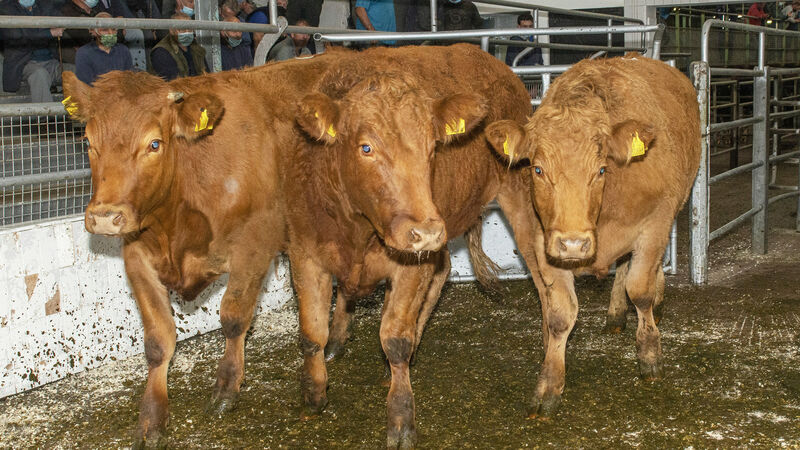Methane feed additive given European approval

Picture: O'Gorman Photography
The European Food Safety Authority (EFSA) has confirmed that the Bovaer feed additive reduces enteric methane emissions from dairy cows, and is safe for the animal and the consumer.
This progresses the product to the final stage of approval from the European Commission Standing Committee on Plants, Animals, Food and Feed.










